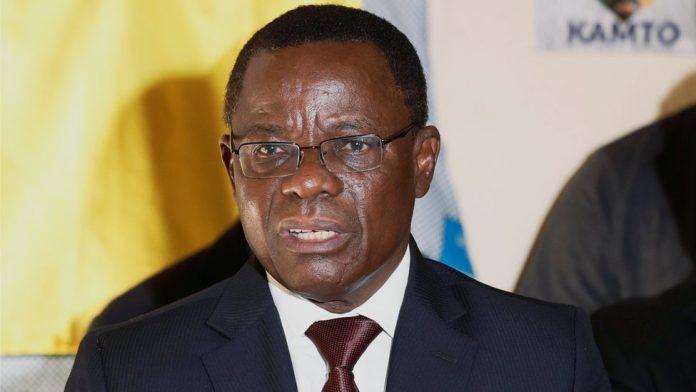
Maurice Kamto firmly rejects his disqualification from the 2025 presidential race in Cameroon and demands that the process be fair and just. This claim arises after the Constitutional Council upheld the barred candidacy ruling. He believes the move undermines democracy and shows a lack of respect for voters.
Kamto, a prominent opposition leader, had attempted to reverse his removal by appealing to the Constitutional Council. His appeal failed, and the council confirmed the decision to exclude him. He insists that the ruling is politically motivated and denies any legal basis. He sees the ruling as an attempt to quiet his voice and weaken the opposition.
President Paul Biya, now 92, has declared his candidacy for another term in the October election. His decision to seek re-election has been controversial due to his age and long tenure. Kamto’s exclusion draws sharper attention to the narrowing space for political competition. Critics argue that without key rivals like Kamto, the election risks becoming unbalanced.
The rejection of disqualification by Kamto comes amid heightened tensions on the streets. Security forces were deployed heavily in Yaoundé, and protests broke out even before the ruling. Reporters say police used tear gas and made arrests, indicating authorities anticipate unrest. Citizens worry the election could spark more instability.
In the 2018 election, Kamto received about 14% of the vote and emerged as one of the main challengers to Biya. That contest ended with disputed results and allegations of electoral fraud. Since then, Kamto has remained a central figure in the push for reform and transparency.
His exclusion only deepens fears about the fairness of the upcoming vote. Human rights groups reacted strongly. They say that barring a leading contender casts a shadow over credibility, and they call on the government to respect voters’ rights. Many Cameroonians say they want to choose leaders freely, without pre-emptive manipulation.
Despite facing official roadblocks, Kamto continues to press his case. He rejects the disqualification and insists that the choice belongs to the people, not electoral bodies. He wants all voices heard and fair competition restored. His demand reflects wider calls for democratic renewal and accountability.
As the election draws closer, international observers watch closely. The country faces deep economic issues, armed conflict in its Anglophone regions, and wide public frustration. An election seen as unfair could inflame tensions rather than resolve them.
Kamto refuses to step back. He rejects the disqualification and vows to keep pushing forward. Many hope that continued pressure and civic action might still expand political space. For now, he remains central to the debate over whether Cameroon can hold a credible vote that truly reflects its citizens’ will.
